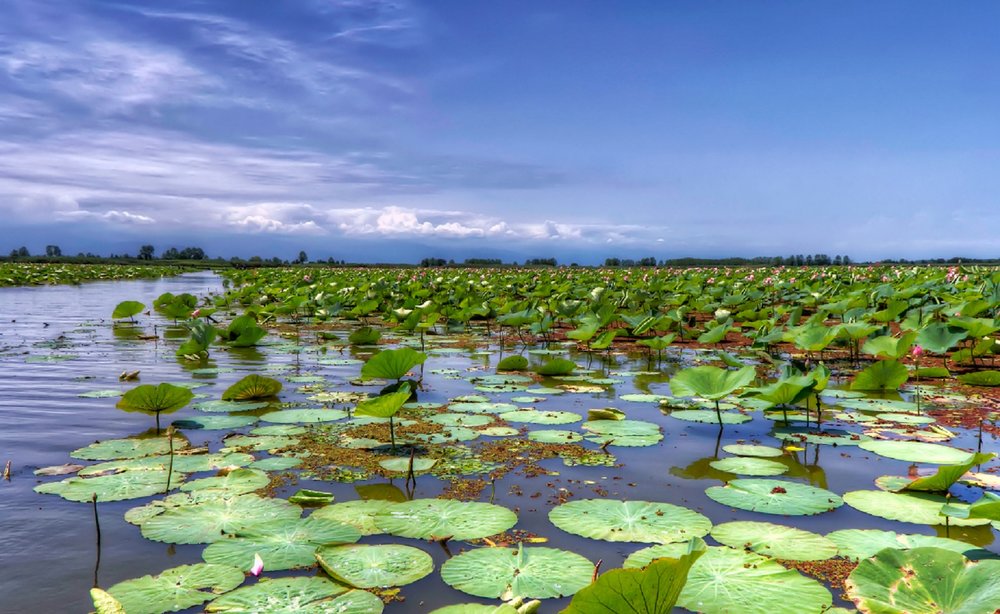Iran to mark World Wetlands Day in southern city of Bandar Khamir

TEHRAN — Iran’s department of Environment will mark World Wetlands Day, February 2, in the southern city of Bandar Khamir, Hormozgan province, deputy environment chief of DOE natural environment and biodiversity directorate has said.
According to the World Wetlands Day official website February 2 each year is World Wetlands Day to raise global awareness about the vital role of wetlands for people and our planet. This day also marks the date of the adoption of the Convention on Wetlands on 2 February 1971, in the Iranian city of Ramsar on the shores of the Caspian Sea.
Wetlands are land areas that are saturated or flooded with water either permanently or seasonally. Inland wetlands include marshes, ponds, lakes, fens, rivers, floodplains, and swamps. Coastal wetlands include saltwater marshes, estuaries, mangroves, lagoons and even coral reefs. Fish ponds, rice paddies, and salt pans are human-made wetlands.
Wetlands are of great significance due to their ecological characteristics, Hamid Zohrabi said on Sunday, Mehr news agency reported.
Iran is an arid and semi-arid country and wetlands constitute 1.8 percent of the country’s land areas, Zohrabi noted, adding that in an arid country like Iran the importance of wetlands is much greater.
This year’s World Wetlands Day will be held in Bandar Khamir as requested by the locals and Hormozgan officials in an attempt to increase public awareness about wetlands, he highlighted.
Mentioning this year’s theme “Wetlands and Climate Change” DOE deputy chief explained that by adopting to climate change human beings can protect the wetlands and forests effectively.
The theme also signifies that how wetlands can be effective in the fight against the climate change, Zohrabi suggested.
Moreover, public participation is an influential factor in conservation of wetlands, he added.
Plans for management of 14 wetlands are already approved and plans for management of 7 wetlands are drafted, he said adding that plans for management of 6 other wetlands are being devised.
Abolfazl Abesht, director of the plan for conservation of wetlands, also said on Sunday that local communities are directly involved in plans for conservation and management of wetlands.
The importance of wetlands
According to World Wildlife Fund wetlands are home to some of the richest biodiversity on Earth. They are found all over the world from the equatorial tropics to the frozen plains of Siberia and are as crucial to the planet's well-being as any other finely balanced part of nature.
Big or small, north or south, the function of wetlands is much the same: they provide humans with fuel, food, recreation and employment; they support an immense variety of wildlife that would otherwise become extinct; and they protect millions of people from the disastrous consequences of flooding.
Between 300 and 400 million people live close to - and depend on - wetlands. The world simply cannot do without them.
According to a report released by the United Nations Environment Program in 2012 over half of all wetlands in the world have been destroyed in the last 100 years due to residential and industrial development, water waste, over-consumption, and pollution.
MQ/MG
Leave a Comment